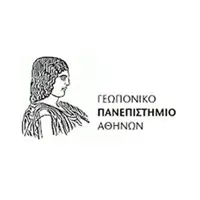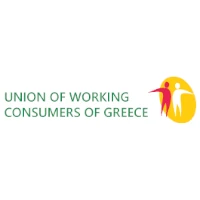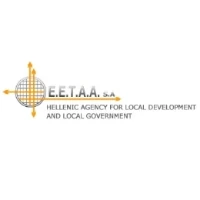THriving Agroecology Living Lab
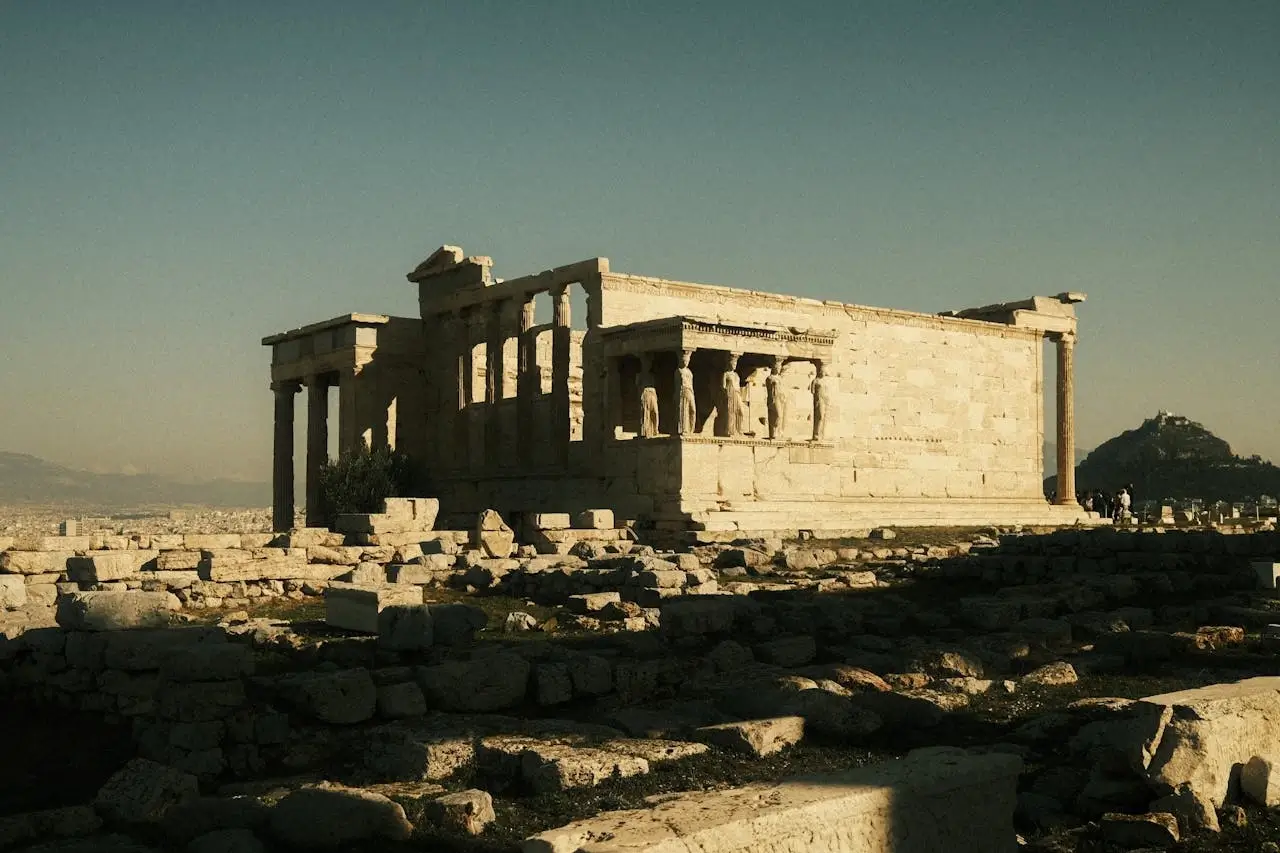
THALLA LL
THALLA is a Living Lab located in central Greece. It aims to co-create, explore, develop and examine in real-settings scenarios dealing with food security, biodiversity and climate change challenges.
About us
The LL deals with five key selected product types (Honey, tomato, wheat, olives, fish & aquaculture) leading to contingency planning that integrates economic, social, and environmental aspects as well as policy recommendations at regional, country and EU level, in order to strengthen food systems’ resilience.
Following an open innovation approach and based on agroecology practices, and LLs co-design methods and tools, a set of short- and long-term local case studies of relevant solutions will be provided. Building on the quadruple and quintuple helix approach (policy makers, research, citizens, farmers and food processors), a dynamic monitoring and early warning system will be established to share knowledge, nurture a community of practices, raise open public dialogue, enhance citizenship engagement and change customer preferences.
Location
The Living Lab is located in central Greece, north of Athens.
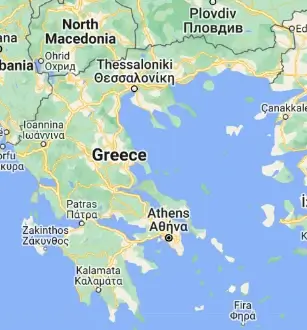
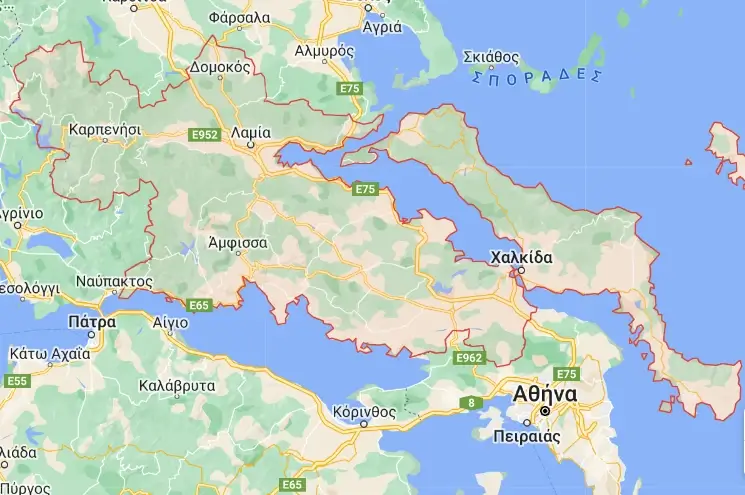
Partners

Partners & Expertise
THALLA consortium is comprised of 4 partners
-> the Agricultural University of Athens (coordinator),
-> the Union of Working Consumers of Greece (Consumer Union which was established by the initiative of leading cadres of General Confederation of Workers of Greece),
-> the Hellenic Agency for Local Development and Local Government (initiative that provides scientific and technical support to the Local Authorities of first and second degree and their bodies), and
-> the Farmer’s Union (initiative created by a group of farmers).
Objectives
The THALLA living labs aims at
- actively engaging all food systems’ stakeholders in THALLA’s LL Community of Practices (CoP) and as active agents contributing to the formation of a monitoring and early warning system (MEWS).
- co-creating model-based scenarios and test innovative alternative solutions enhancing selected food systems’ resilience and competitiveness.
- supporting the adoption of evidence-based contingency plans and policy recommendations.
- designing a project sustainability plan.
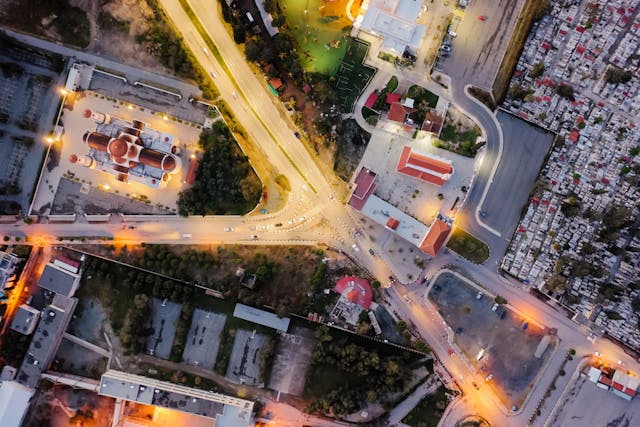
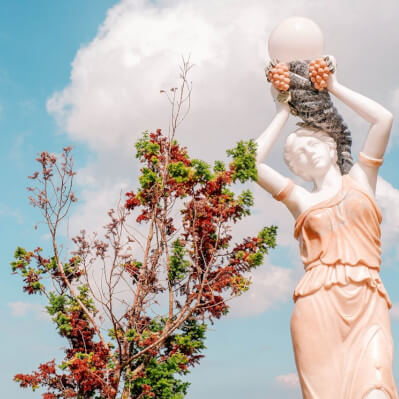
Contribution to the project
The impact of THALLA on the ECO-READY ecosystem can be assessed on the following levels:
- Consumers: Improve their attitudes and help them adopt healthier habits.
- Farmers: Inform and train them on near-real time warning systems, DSSs, and novel agricultural practices.
- Food processors: THALLA will provide a space for real-world testing and experimentation.
- Retailers: The participation in THALLA can enhance food systems resilience against shocks and disturbances of the supply chain, as well as their alignment with demand-side considerations.
- Local Policy Makers: The development of scenarios, contingency plans, and policy recommendations can be utilized by the local authorities in order to address food insecurity, the loss of biodiversity, and adaptation to climate change.
- Regional Policy Makers: The harmonization of the Mediterranean LLs and the constant exchange of information will facilitate the identification of the challenges that the region faces.
- EU Policy Makers: The LLs operate at a regional scale, yet their contribution to policymaking can have a ripple effect, refining EU policies and initiatives.
Partner contacts

Agric. University of Athens:
Website
Union of Woking Consumers:
Website
Hellenic Agency for Local Development and Local Government:
Website
Mail contact: Farmers’ Union:
Email gbacolas@hotmail.com
